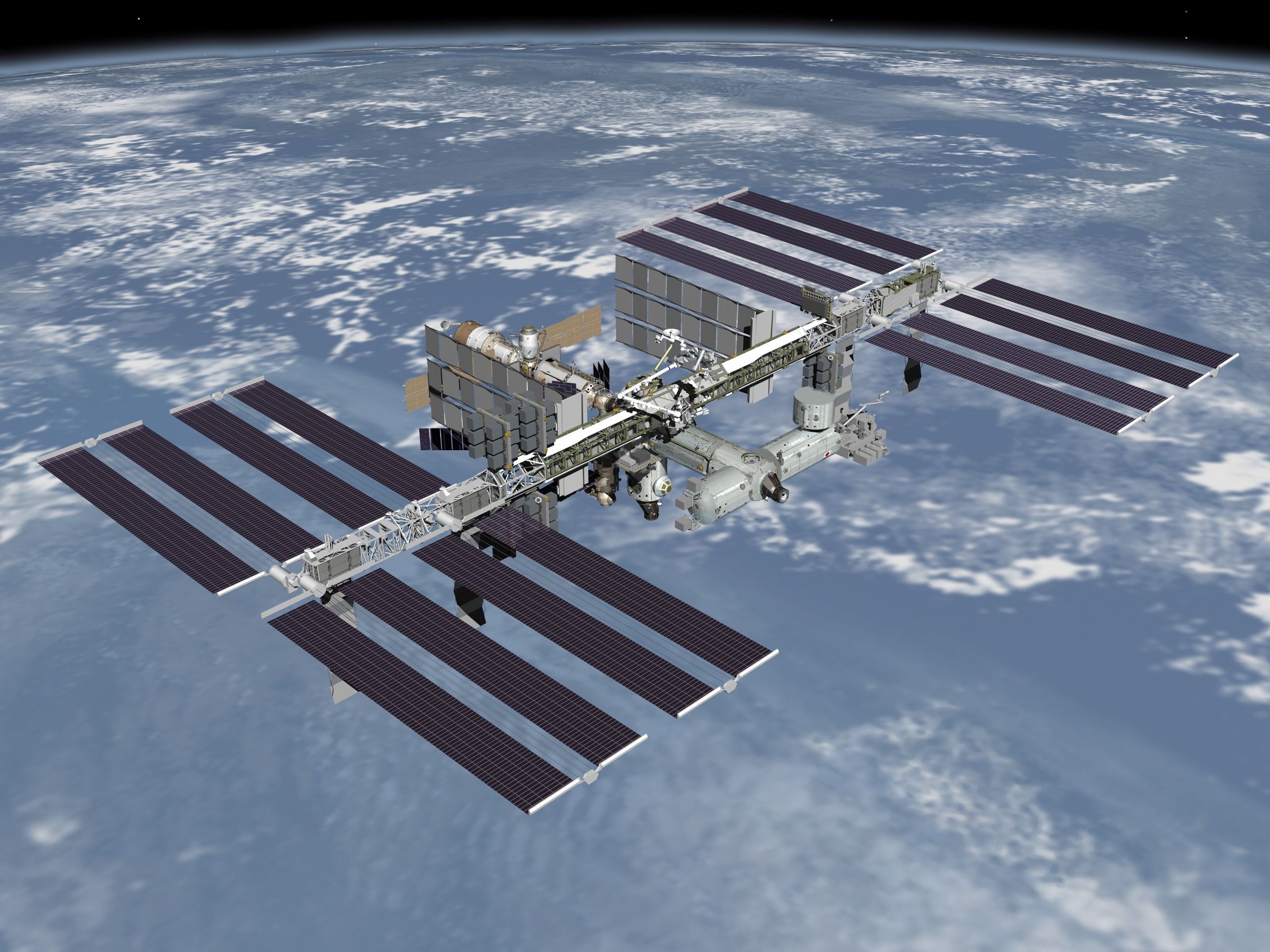 ITAR-TASS reported yesterday that Russian scientists have found microbial life on the surface of the International Space Station (ISS). The Russians first detected the microbes over a year ago and confirmed that the organisms can live in zero gravity, extremely low temperatures and with cosmic radiation. Despite the harsh conditions, the scientists reported that the bacteria were thriving on the surface of ISS and could live there for years.
ITAR-TASS reported yesterday that Russian scientists have found microbial life on the surface of the International Space Station (ISS). The Russians first detected the microbes over a year ago and confirmed that the organisms can live in zero gravity, extremely low temperatures and with cosmic radiation. Despite the harsh conditions, the scientists reported that the bacteria were thriving on the surface of ISS and could live there for years. 
Russians find extraterrestrial microbes on International Space Station
 ITAR-TASS reported yesterday that Russian scientists have found microbial life on the surface of the International Space Station (ISS). The Russians first detected the microbes over a year ago and confirmed that the organisms can live in zero gravity, extremely low temperatures and with cosmic radiation. Despite the harsh conditions, the scientists reported that the bacteria were thriving on the surface of ISS and could live there for years.
ITAR-TASS reported yesterday that Russian scientists have found microbial life on the surface of the International Space Station (ISS). The Russians first detected the microbes over a year ago and confirmed that the organisms can live in zero gravity, extremely low temperatures and with cosmic radiation. Despite the harsh conditions, the scientists reported that the bacteria were thriving on the surface of ISS and could live there for years. The Russian discovery is startling since it confirms that extraterrestrial microbes can flourish in deep space. Vladimir Solovyev, chief of the Russian ISS orbital mission said:
Results of the experiment are absolutely unique. We have found traces of sea plankton and microscopic particles on the illuminator surface. This should be studied further.
He went on to say that “it was not quite clear how these microscopic particles could have appeared on the surface of the space station.”
The discovery of the Russian scientists is stunning in its implications. It supports the theory of Panspermia proposed by Sir Fred Hoyle and Dr Chandra Wickramasinghe that microbial extraterrestrial life can exist and travel in the vacuum of space on comets, and radiation pressure. In 1974, they proposed and were able to confirm that dust in interstellar space was largely organic, thereby making it possible for life to exist in interstellar space despite the harsh conditions there.
An important mechanism for microbial life to travel in interstellar space are Birkeland currents comprising plasma from the solar wind. According to Swedish scientist and Nobel Prize winner, Hannes Alfven, plasma can travel in vast electric currents throughout the vacuum of interstellar and intergalactic space.
The Russian scientists’ findings confirm that extraterrestrial life cannot only exist in the extreme conditions of space, but can also thrive there. The discovery of a form of sea plankton on the ISS suggests that the vacuum of space may contain sufficient micro-organisms that they could be a food source for more complex life forms.
Rather than deep space being a lifeless vacuum, it may be more accurate to describe it as an ocean where life thrives in ways that scientists are only beginning to understand. The Russian discovery takes scientists one step closer to eventually concluding that extraterrestrial life is common throughout the universe.